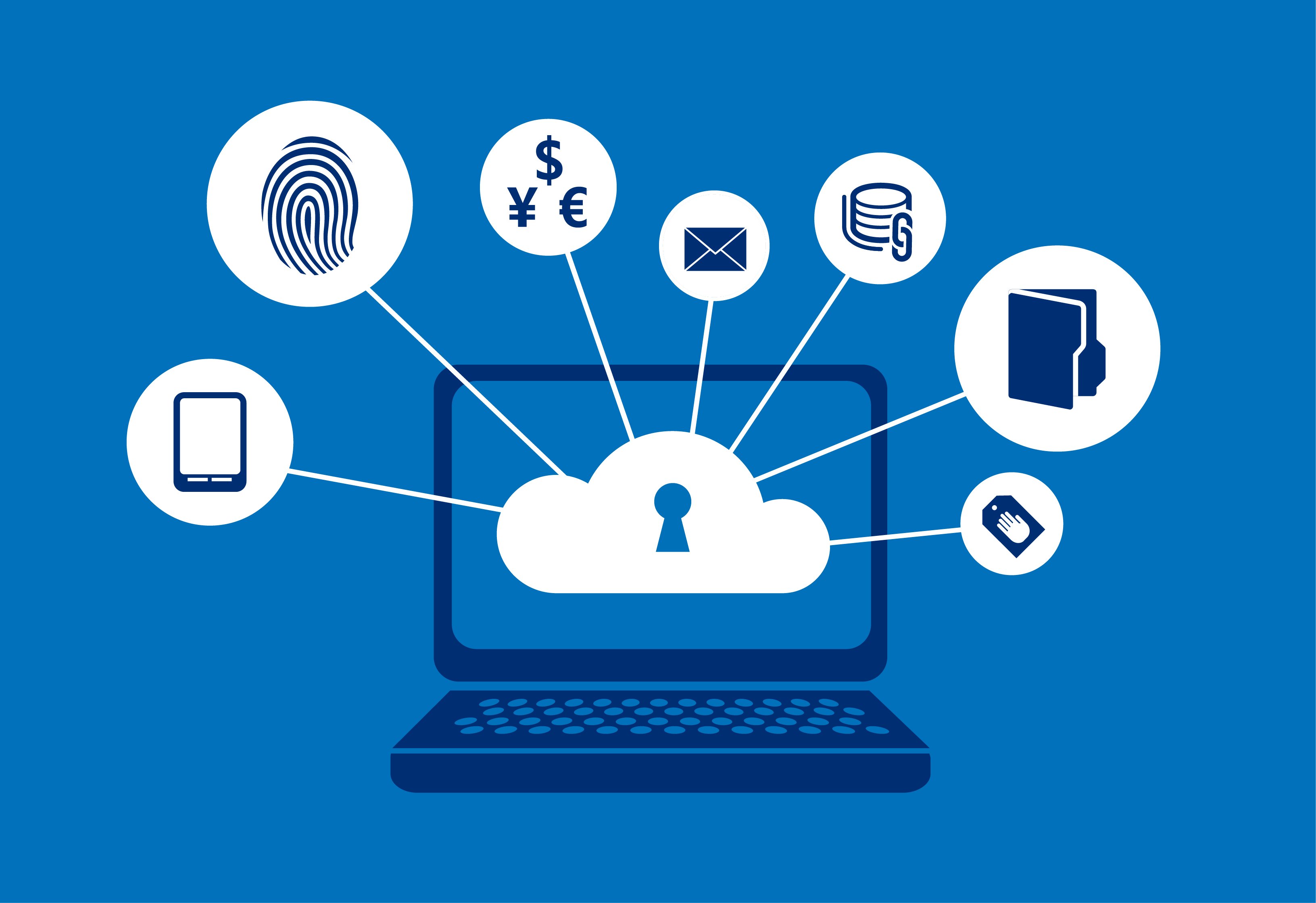Many internet users hardly take the time to think about how search engines work. Search engines are very dependent on the web crawl process. A web crawler can be defined as a search engine spider or bot that indexes and downloads content from web pages. Visit Oxylabs to learn in-depth about web scraping and its uses for businesses, big or small.
This process helps the search engine in link extraction and the discovery of new information. The spiders or bots perform this function periodically to ensure that any changes made to a page’s structure are updated in time. Whenever the web crawler detects new data, it initiates a change in indexing to conform to the new changes.
This is the reason why content creators need to keep updating content to rank higher in the search engine page ranks. As an illustration, Google, the world’s most popular search engine, rewards websites that play by its rules.
It rewards websites that conform to the rules of excellent content creation by ranking them higher on search results. The business that makes regular posts with fresh, creative, and engaging content will receive this form of reward from Google. The search is only able to rank pages because of its powerful web crawlers or bots.
Bot use in web scraping
Businesses have also become as dependent on the web crawl process as search engines are. Why? Search engines are built for data, and companies need to extract business insights from online data. Data is a gold mine for businesses and search engines alike.
One way to access the powerful information held within the billions of web pages out there is via web crawlers and scrapers. A web crawler is a bot or computer program that ‘crawls’ or searches databases and web pages online.
The crawler is designed to perform automated, repetitive crawling functions. You can, therefore, define a crawler as a web librarian that catalogs and indexes information to allow its easy evaluation.
Data crawlers are accompanied by data scrapers that access the indexed information for download and dissemination in an easy to read format.
Web scrapers can analyze and download information such as;
- Website usage metrics from browser activity and server logs. This data can record changes in inventory, prices, and other useful forms of competitor analysis data.
- Web scrapers can also download information and content held on web pages for research or monitoring purposes.
- They can also read the structure of web pages, such as links between structural data, pages, and people.
Benefits of web crawling and scraping
- The process can index massive amounts of data at a go making the costs of data access relatively cheaper compared to other manual methods of data access. The processes will eliminate the high costs of manual labor, especially for businesses that analyze massive amounts of scraped data at a go.
- Bots perform the data-indexing, download, and analysis functions faster than any human can. Human effort is minimal and slow. Scrapers and crawlers can access tons of data at lightning speeds making real-time data scraping a reality.
- These automated processes are also extremely efficient. A web crawler can access data an entire domain at a go so efficiently that it will not leave one single page out, as human error is prone to do.
- The data scrapers work in a very consistent and organized manner. They can be deployed to work at intervals or extract entire data from a domain until the job is done. The process also downloads the data in a very organized system, which makes it very easy to use in business.
- The processes are entirely automated and, therefore, very low maintenance. Your business does not need to hire IT technicians to monitor the process. Today most web scraping tools have very intuitive interfaces to ensure that any person can crawl or scrape data without any technical challenges.
Use cases of data scraping
- Retail businesses that are very dependent on competitive pricing strategies use web crawl and scraping tools to monitor the product price changes in their competitors’ web pages.
- The bots are also very beneficial in monitoring customer sentiment by an in-depth review of consumer and related business feedback and their analysis. A web scraper will provide reviews in the spreadsheet format.
- Journalists and financial analysts are highly dependent on web crawlers and scrapers due to their ability to extract headlines, news stories, and market data, availing actionable insights at lightning speeds.
- The processes can also aid business in running real-time analytics to enhance customer relationship management
- The bot’s application in the fields of content, data-driven marketing, and lead generation strategies are endless
- Data scrapers can also provide beneficial data for improved SEO and brand reputation monitoring.
Conclusion
Web crawling and scraping are not entirely new processes. Search engines have used these processes for years, and businesses have now caught up with their value. Access the best web scraping tools providers to bring these benefits to your business.






